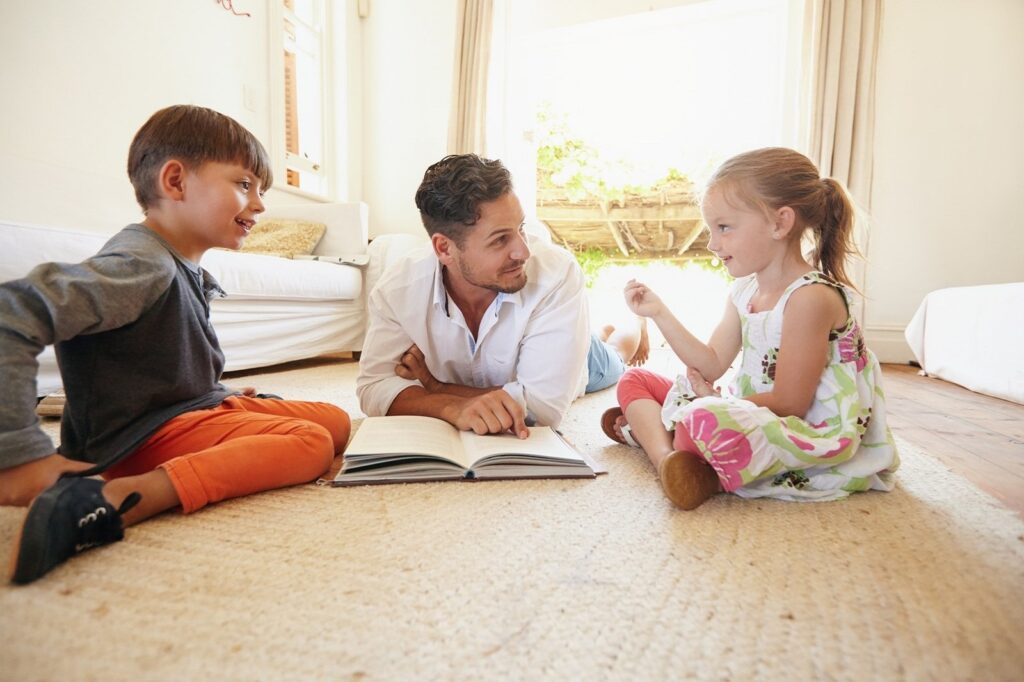Listening to Children

Conveying security in meetings with children and clearly signaling that you actively listen to what the child says can open up good conversations. Sociologist and author with extensive experience as a therapist, counselor and social worker. In conversations with children, i often feel that there is more that they might want to say, but that doesn’t come out. How can i become a better listener myself, and thus make it easier for the child.
When we meet the child, we have a purpose. It can be part of an investigation, follow-up, information or treatment. Based on this, you need to prepare. Find out as much as you can about the child, such as age, maturity and functional level, and plan with poles what you will talk about. If you are going to use any conversation material, such as teddy bear cards or taping material, have it readily available.
You also need to prepare yourself mentally. In the meeting with the child, you need to be as neutral as possible, so leave troublesome events during the day, arguments with partners and other things outside the room. You should be there only for the child, be calm, reflect and confirm.
Children not only tell with words but also with body language. The tone can say a lot. If the child says that it was fun at school today and you see in the child’s body language that the child is happy, confirm by saying, for example yes, i can see that you had fun. But today we are going to talk about this report of concern. Then the child might collapse. Then confirm by saying something like i see in your eyes that you think it’s hard. Shall we talk more about it, then you show that you are actively listening to what the child conveys.
In the meeting with the child, set aside time to make the child safe and work on the cooperation alliance. Tell how long you will talk, what you will do and how what the child tells will be used. I also think it’s good to ask the child what he wants you to say to mom and dad. Parents often wonder what the child has told and then you have prepared for what the child or you will tell the parents.
It is also good to train yourself in different conversational techniques; open questions, combined invitations, powerful questions, supportive comments to name a few. Through these conversational techniques, you can become better at helping children communicate what they want to say.



